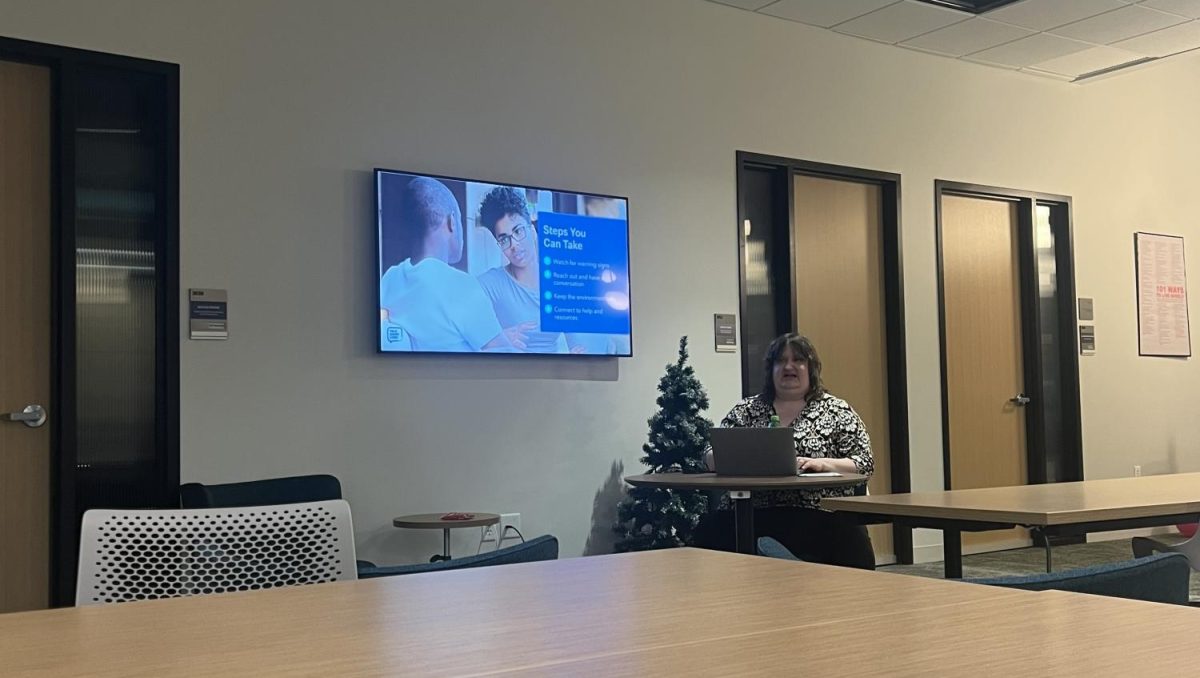Busyness is Marquette University’s favorite idol.
These days, when asking a friend “how are you?”, what is the most commonly received response? Perhaps in passing it’s the usual “good!”, but in conversation, our friends, peers, even professors, exclaim and exacerbate their busyness.
Generally speaking, students take 15 to 18 credits per semester, working jobs or internships — on or off campus — and are involved in student organizations or extracurricular activities. Most students enjoy and take pride in their full loads, but we wonder, what are students really getting out of a jam-packed schedule?
It most certainly is not worth. We have observed and are guilty of participating in the comparison of busy schedules with our peers at Marquette, but recognize that by the end of the conversation, our worth remains the same. What doesn’t help is when our professors and advisors compare our simple schedule to those of other students.
If anything, our worth is more questionable—especially when our peer’s schedule of work, 18 credits and two roles as a club leader, makes our schedule of the student media position, 15 credits, and an internship look too simple, or as if what we are doing is not enough.
The irony of the comparison is that in some cases, the conversations seem less about worth and more about competing to determine who is more miserable or exhausted.
The university may explain filled schedules as the pursuit of excellence, or an education that encompasses the development of the whole person. But, when we find ourselves running from one meeting to the next, sleeping two hours at night so the paper we’ve only now started and finished is done for our first class, we are compromising excellence as a value and are replacing it with busyness.
In addition to deluding excellence, busyness creates a view that equates a lack of blank space in our planners to success. Sure, crossing off meetings and assignments is an accomplishment of one’s goals for the day, but we have concluded the nature of task accomplishment as disinteresting and inadequate in the grand scheme of life.
And if we’re constantly worried about the tasks on our lists, how can we really engage or be present when spending time with our friends? Running from one place to the next is not conducive to building community that arguably all of us desires.
As mentioned, we have observed this busyness amongst ourselves at the Marquette Wire. We’ve compared our levels of misery and tiredness. On multiple accounts, we’ve stayed up unreasonably late in an attempt to get more done before starting the next day. We have other jobs and internships that cause us to rush on and off campus daily.
When busyness goes too far, we lose creativity, experience loneliness, and eventually burn out. Though there is no finite solution, we’ve come up with a few things to consider when busyness takes idol form.
We must prioritize our passions. If there is no direct interest in an organization, club, or job, should we really devote our time to it? Of course, it’s important to dabble into a couple of things in order to find out where one’s passion comes from, but so often we fill our schedule with the same things for three to four years, only to realize at the very end that we were interested in something else, we just never explored it because there was no time.
If the argument is that there is no time, maybe we should reevaluate our planner and purposefully leave blank spaces for catching our breath. This time could be utilized to reflect, meditate, think, or do something that doesn’t require much thought at all, like take a walk, go work out, or listen to music.
Marquette strives to promote health and well-being. On campus, an array of wellness opportunities is available, including fitness classes, counseling center groups, and a weekly meditation hour. While adding these activities into an already busy schedule may seem hypocritical to our beef with busyness, they can provide insight on how to better manage a chaotic schedule and help you practice taking time to simply be.
For it is in those moments of being—whether for five minutes or an hour—when we can gain clarity on what is most important to each of us individually, and we can cut ourselves some slack for the time we wasted planning and comparing our plans for the day with our peers.







